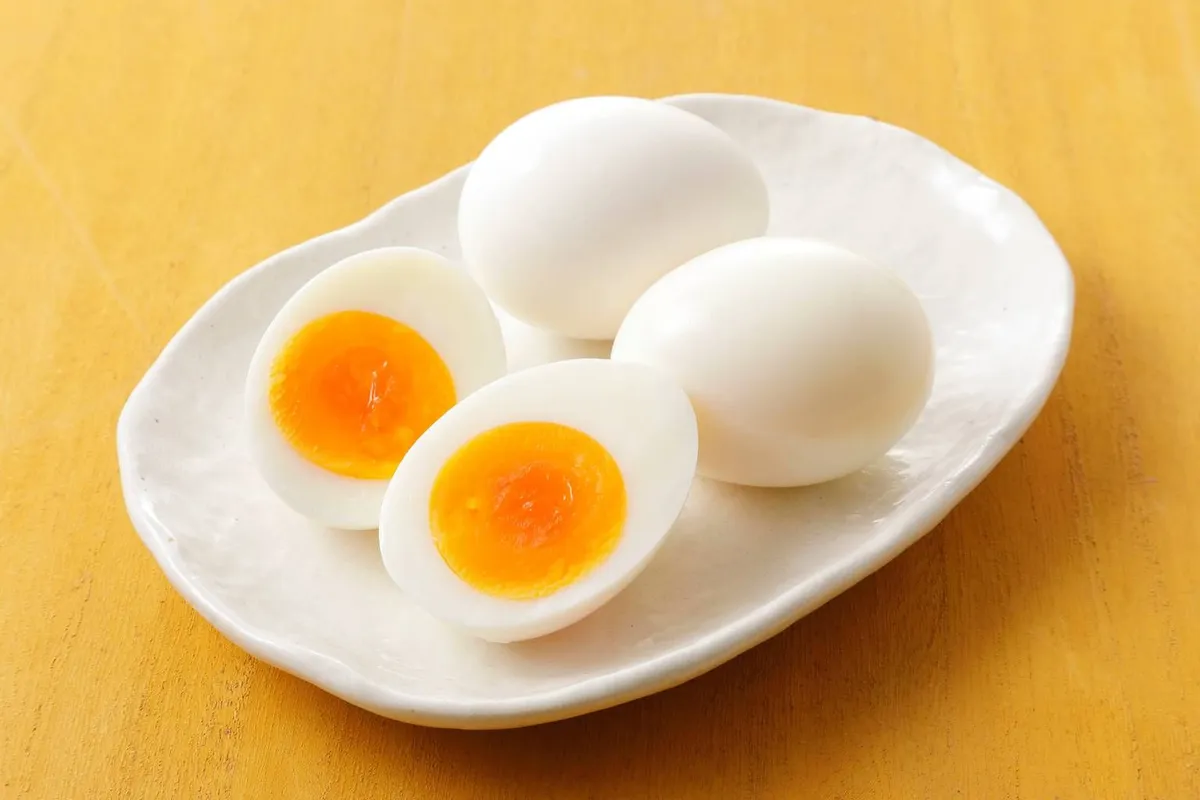Overcooked or Undercooked? Here’s the Exact Timing to Get Your Eggs Perfect to the Second

Boiling eggs might seem like a no-brainer, but getting them just right is an art that calls for a sharp eye for detail. Whether you like your eggs runny, a bit set, or completely firm, dialing in the perfect boiling time makes all the difference in how they turn out. This guide shows you how careful timing and technique can take your egg-boiling game from basic to brilliant.
Why Boiling Time Matters
How long you boil an egg is the key to its final texture and flavor. Undercooked eggs come out with runny whites and loose yolks, which might not hit the spot for everyone. On the flip side, overboiled eggs have dry yolks and rubbery whites that can really throw off the experience. Getting the timing just right means you’ll have firm whites paired with a yolk that’s either silky or completely set, just the way you like it.
For soft-boiled eggs, give them 4 to 6 minutes – that way, you get a firm white with a deliciously liquid yolk. If you’re into medium-boiled eggs, aim for 7 to 9 minutes, so the yolk becomes a bit firmer while still retaining some creaminess. And for hard-boiled eggs, stick to 10 to 12 minutes, ensuring the yolks are fully set without any compromise on texture. Boiling them for more than 12 minutes might lead to a greenish-gray yolk, which usually isn’t as appealing.
Easy Steps for Great Boiled Eggs
The secret to top-notch boiled eggs? Start with slightly older eggs because they peel way easier than super-fresh ones. Begin by placing your eggs in a saucepan and covering them with cold water—enough to go about an inch above the eggs. Heat the water over medium heat until it gently comes to a boil, then set your timer according to how you like your eggs:
- 4–6 minutes for soft-boiled,
- 7–9 minutes for medium-boiled, and
- 10–12 minutes for hard-boiled.
Once they’re done, immediately transfer the eggs to an ice water bath for 5–10 minutes. This not only stops any extra cooking but also makes peeling them a breeze. Following these steps can really upgrade your egg routine from ordinary to excellent.
Common Pitfalls to Watch Out For
There are a few typical missteps that can mess up your boiled eggs. For starters, using hot water when you begin can cause the shells to crack and lead to uneven cooking because of the sudden temperature shock. Skipping the ice water bath means the eggs might keep cooking from residual heat, while guessing the timing instead of using a timer can leave you with gummy whites and underdone yolks.
To take your egg skills up a notch, try these tips: use older eggs to make peeling easier; cool them in cold water right after boiling; gently roll them on a flat surface to loosen the shells; boil them uncovered until the water starts boiling and then cover once you take them off the heat; and if you’ve got any leftovers, store unpeeled boiled eggs in the refrigerator for up to a week.
Why Boiled Eggs Are Good For You
Beyond their tasty appeal, boiled eggs pack a punch when it comes to nutrition. They’re loaded with protein and come with vitamins like B12 and D, plus minerals such as selenium and choline (which helps keep your brain in top shape). Since you cook them without any oils or butter, they’re a smart, healthy option that fits right into a balanced diet and supports weight management thanks to their high protein content.
Share Your Egg Adventures
Perfecting your boiled eggs involves some smart timing and a bit of prep, but the rewards are totally worth it—especially when you have a timer and an ice bath ready to go! We’d love to hear from you. Whether you’ve nailed your boil or discovered cool ways to use boiled eggs in your salads, sandwiches, or other dishes, share your tips and stories. Happy boiling!